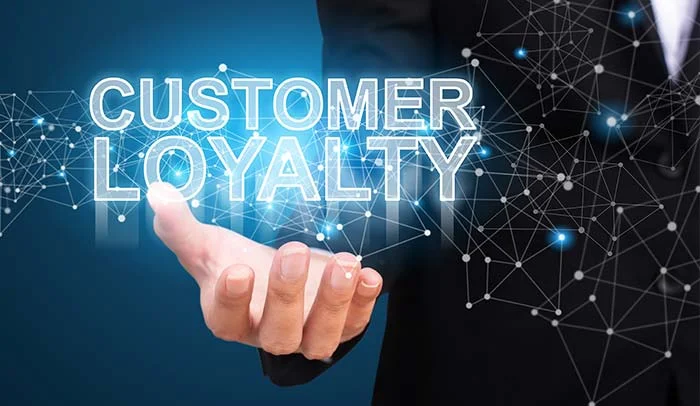Editor's Note: This article features insights from Jennifer Trant, former Managing Director of Account Management at Exchange Solutions, originally published in an interview with Media Planet on Future of Business and Tech .
Beyond Points and Rewards: The Real Driver of Customer Loyalty
With loyalty programs offering attractive rewards like cash back, travel miles, and significant savings, why do some brands still struggle with lower than expected member participation? The answer lies in understanding that true customer loyalty extends far beyond traditional rewards programs.
The Paradigm Shift in Customer Loyalty
The conversation about customer loyalty has experienced a significant paradigm shift. We've evolved beyond just programmatic concerns, like having a good value proposition, to making loyalty programs truly compelling. If marketers continue to focus solely on rewards, they've completely missed the goal for customer loyalty and engagement.
When brands report underperforming loyalty programs, it's time to step back and examine the full picture of their customer engagement experience.
Key Metrics That Matter
To assess where to make meaningful changes, brands should analyze multiple data points beyond simple participation rates:
Financial Performance
- • Sales and revenue trends
- • Campaign response rates
- • Promotions profitability
- • Conversion vs. abandonment rates
Customer Experience
- • User experience survey results
- • Customer feedback and reviews
- • Return rates and patterns
- • Opt-in and engagement metrics
"The goal is to get customers interested and engaged with the brand and the product, not just the points or loyalty program. When we solve that, we'll see it reflected in member participation goals being met."
How Leading Brands Win Customer Loyalty
Industry analysts have shown that successful customer engagement isn't an either/or game. Everything contributes to the win or loss. Leading brands understand that they want customers to buy their products, choose them over competitors, and recommend them to friends.
Customer-Centric Strategy
The most successful approach keeps the customer at the heart of the game plan. This means analyzing data that customers have chosen to share through:
Profile Creation
Demographic and preference data
Social Activity
Digital engagement patterns
Purchase Behavior
Browsing and buying patterns
This data drives decisions about what's truly valuable to customers and what makes them respond positively—the offers presented, content curated for them, and experiences that keep them engaged regardless of deep-discounting strategies.
The Future of Customer Engagement
The future focuses on holistic thinking, shifting away from siloed approaches to designing and organizing customer experiences. It's a "yes, and" game that must center on the customer, recognizing that choice and control remain with them.
Beyond Points and Rewards
In the current and changing loyalty landscape, points and rewards alone cannot deliver real and deep customer loyalty. When the next attractive reward appears, what prevents customers from chasing it—especially when they haven't forged a strong connection with your brand?
Customers expect brands to understand them so well from shared data that personalized and relevant experiences are delivered regardless of the channel—online, in-app, or in-store.
The Customer-Core Philosophy
Now and in the future, successful brands must keep the customer at the core of their planning so that all strategies start and end with them. This creates such deep engagement that customers choose the brand regardless of market conditions.
"When our customers reach this loyalty state of customer engagement, we all win!"
— Jennifer Trant, Former Managing Director of Account Management
Key Takeaways
Focus on comprehensive customer engagement metrics, not just participation rates
Use customer-shared data to create personalized, valuable experiences
Build strong emotional connections that transcend traditional rewards
Maintain consistency across all customer touchpoints and channels
Keep customers at the center of all strategic planning and decision-making





